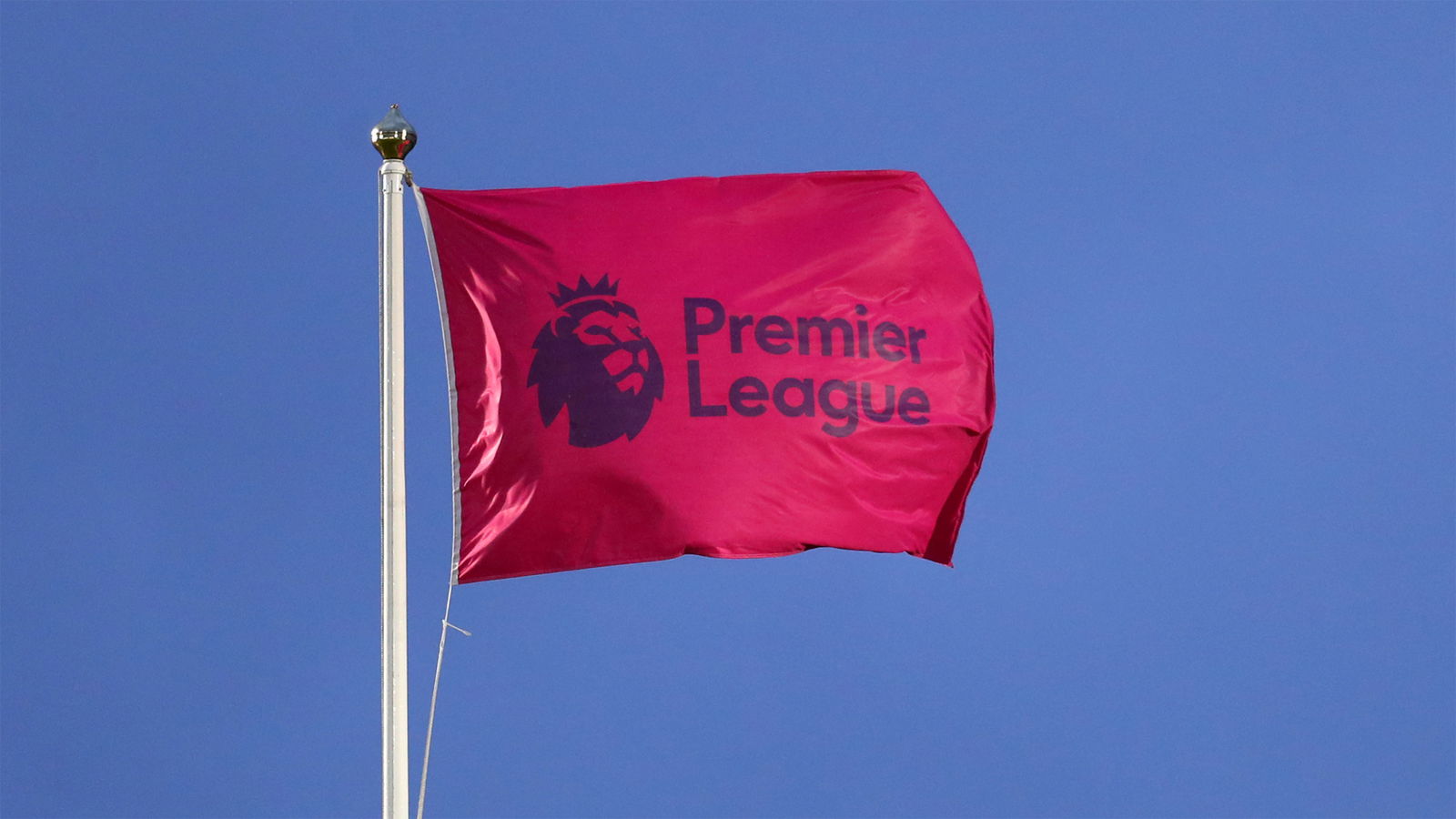ARTICLE AD
Newcastle United and Saudi Arabia have been heavily referenced, as changes announced to the imminent introduction of the new independent football regulator.
This introduction of the new independent football regulator having been further delayed by the UK general election.
The big news is that the clause has been dropped in the football regulator legislation, that it would have to take UK foreign policy into account, when deciding on club takeovers.
With of course the media and politicians, heavily referencing Newcastle United and Saudi Arabia with regard to this change in the imminent proposed legislation.
With the requirement “to consider government foreign policy dropped to cement regulator’s full independence.”
Another big change means the independent football regulator will also have power over Premier League parachute payments.
Former Times journalist Henry Winter has given an excellent overview of these late changes to the independent football regulator legislation.
Henry Winter on the independent football regulator update – via his Twitter/X account – 23 October 2024:
‘Hugely significant step forward in the fight to protect the game: Independent Football Regulator to be given even more powers. A “strengthened” Football Governance Bill, being introduced in the House of Lords on Thursday, will see major changes to the previous draft, including consulting fans on ticket pricing; parachute payments to be included in Regulator’s remit “so it will have full oversight to tackle financial sustainability across the football pyramid”; and significantly and sensibly, given controversy over Newcastle and the Saudis, the requirement “to consider government foreign policy dropped to cement regulator’s full independence” .
As well as implementing a club licensing regime to monitor club finances, the Regulator will have “a backstop measure to mediate a fair financial distribution down the Leagues should the Premier League and EFL not be able to come to an agreement”.
This “backstop” measure designed to focus Premier League club minds and get the “new deal” with the EFL done. It’s also a measure, along with the discarded “foreign policy consideration”, that the Regulator’s critics will claim could trigger Fifa concerns on Government interference.
Bill delayed by Election but now will be voted through with enhanced powers. “For too long, financial instability has meant loyal fans and whole communities have risked losing their cherished clubs as a result of mismanagement and reckless spending,” says Culture Secretary Lisa Nandy. “This Bill seeks to properly redress the balance, putting fans back at the heart of the game, taking on rogue owners and crucially helping to put clubs up and down the country on a sound financial footing.”
Bill welcomed by fans.
(ED: Newcastle United fan) Kevin Miles of the FSA (Football Supporters Association) says “the regulator has the potential to protect our historic community clubs and stop them being run into the ground by bad owners, rebalance the game’s finances, protect the heritage of all clubs, give supporters a bigger say in the running of the game and block any domestic clubs from joining a breakaway European Super League.”
Dame Tracey Crouch got the ball rolling on the Regulator with her well-received Fan Led Review of Football. “I’m grateful the Government is taking action to protect football from the threats of rogue owners and breakaway competitions,” she says.
Gary Neville, a powerful supporter of Crouch’s review, says “now more than ever we need an independent regulator to act as a guardian for our game, to make sure that clubs and their fans are protected for the long term. Football is too important in this country to be left solely in the hands of individual owners to design its future. We’ve seen inequality across the game grow but now independent regulation can act as a catalyst to create a thriving and sustainable game for future generations.”

 

.png) 4 weeks ago
32
4 weeks ago
32 

